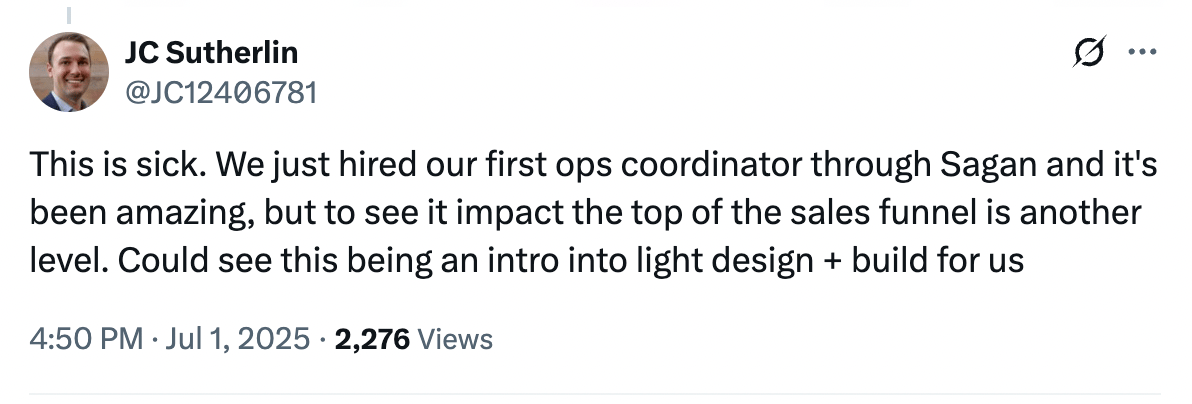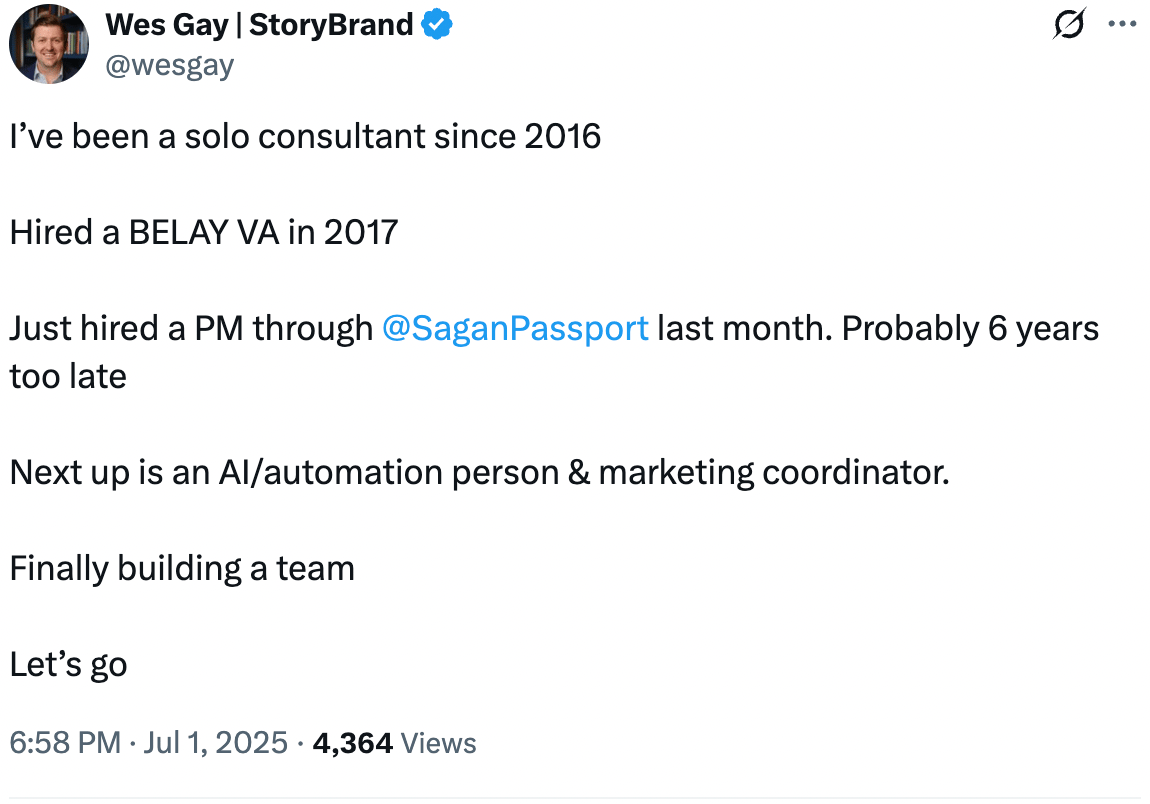- Lazy Leverage
- Posts
- Therapeutic chaos
Therapeutic chaos
Every year members of the military and national security world die or get seriously injured in training.
Parachuting, boats, aviation, whatever. They are on some remote military base, something happens, and they lose their lives because of it.
There are big headlines, maybe a teary family member on the news, and occasionally promises of a congressional investigation.
"Training should be safer!"
"What was the instructor doing!?"
"This is an inexcusable tragedy"
Well, kind of.
It's terribly sad. Training accidents suck.
But…. These people are preparing for extreme conditions. They have to push the limit.
I once heard from an instructor "if we wanted to prevent all training accidents, we could just play soccer all day and read PowerPoints in a classroom. We'd be terribly prepared for our mission, but we wouldn't have any training injuries!"
And so it goes with the tension between "operations" and "chaos ( often due to growth or improvement)".
Your operations people naturally want their lives to be least stressful - predictable customers, rare experimentation, no chaos, no changes, no nothing.
Who can blame them?
They've built beautiful systems, documented processes, and created predictable workflows.
They know exactly how long each task takes, when deliverables are due, and how their Tuesday will look. It's operational zen.
But….. if you give them what they want, you're dead in the water!
No exceptions means you lose every deal that doesn't fit your perfect little box.
No changes means your competitors eat your lunch while you're still running the same processes from 2019.
No chaos means no growth, no innovation, no adaptation to market conditions.
There's an effective dose of chaos, just like when you're training with weights.
You don't want to lift so hard you don't have time to recover, but you also want to put stress on the muscles so they grow.
Push too little, and nothing happens.
Push too much, and you get injured.
Your operations people need to be a little uncomfortable because you're pushing them …whether that's speed, quality, or cost, you need to constantly be testing the boundaries.
Maybe that's asking them to turn around a proposal in half the usual time because a big customer called.
Maybe it's handling a custom request that breaks your standard process.
Maybe it's implementing a new system while keeping the old one running.
But - and this is critical - this doesn't mean 24/7 you send them random ideas that are crappy.
Don't be the owner who fires off half-baked Slack messages at 11 PM because you watched a YouTube video about some new business strategy.
Don't dump every shower thought into their workflow. That's just chaos.
Your job as an owner is to read the room.
When your operations team is cruising and getting comfortable, that's when you need to inject some controlled chaos.
Push a new initiative.
Ask for faster turnaround times.
Challenge them to find efficiencies.
When they're already stretched thin and showing signs of strain, that's when you need to give them space to recover and consolidate.
The signs are usually pretty clear if you're paying attention.
Too much chaos shows up as quality dropping, response times getting slower, more mistakes creeping in, and your team becoming less responsive to new requests.
Survival mode, not growth mode.
Too little chaos looks like your team having the same conversations about the same processes for months, getting excited about minor efficiency tweaks instead of meaningful improvements, and most tellingly, being caught completely off-guard when something unexpected happens.
If your operations team can't handle a simple rush order or a slightly different customer request without throwing their hands up, you've let them get too comfortable.
Think of it like a weightlifting program.
You don't squat heavy every single day….you'll overtrain and get weaker.
But you also don't skip leg day for three months….you'll lose all your gains.
You cycle between stress and recovery, between pushing limits and allowing adaptation.
The best operations teams are living breathing moody things… But only if you dose THE CHAOS right. Too much and they break. Too little and they atrophy.
Get it right, and they become a competitive advantage that can handle whatever is thrown at them.
Yallah Habibi,
Jon



PPS "Therapeutic chaos" refers to a perspective in psychotherapy and related fields that acknowledges the potential for growth and positive change to emerge from periods of apparent disorder or instability. It suggests that "chaos" in a psychological sense, like overwhelming anxiety or unpredictable life events, can be a precursor to significant shifts and positive transformation.